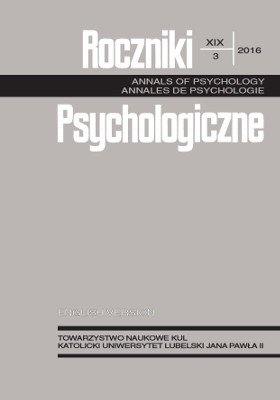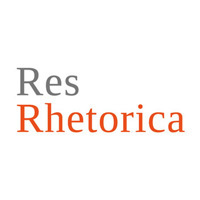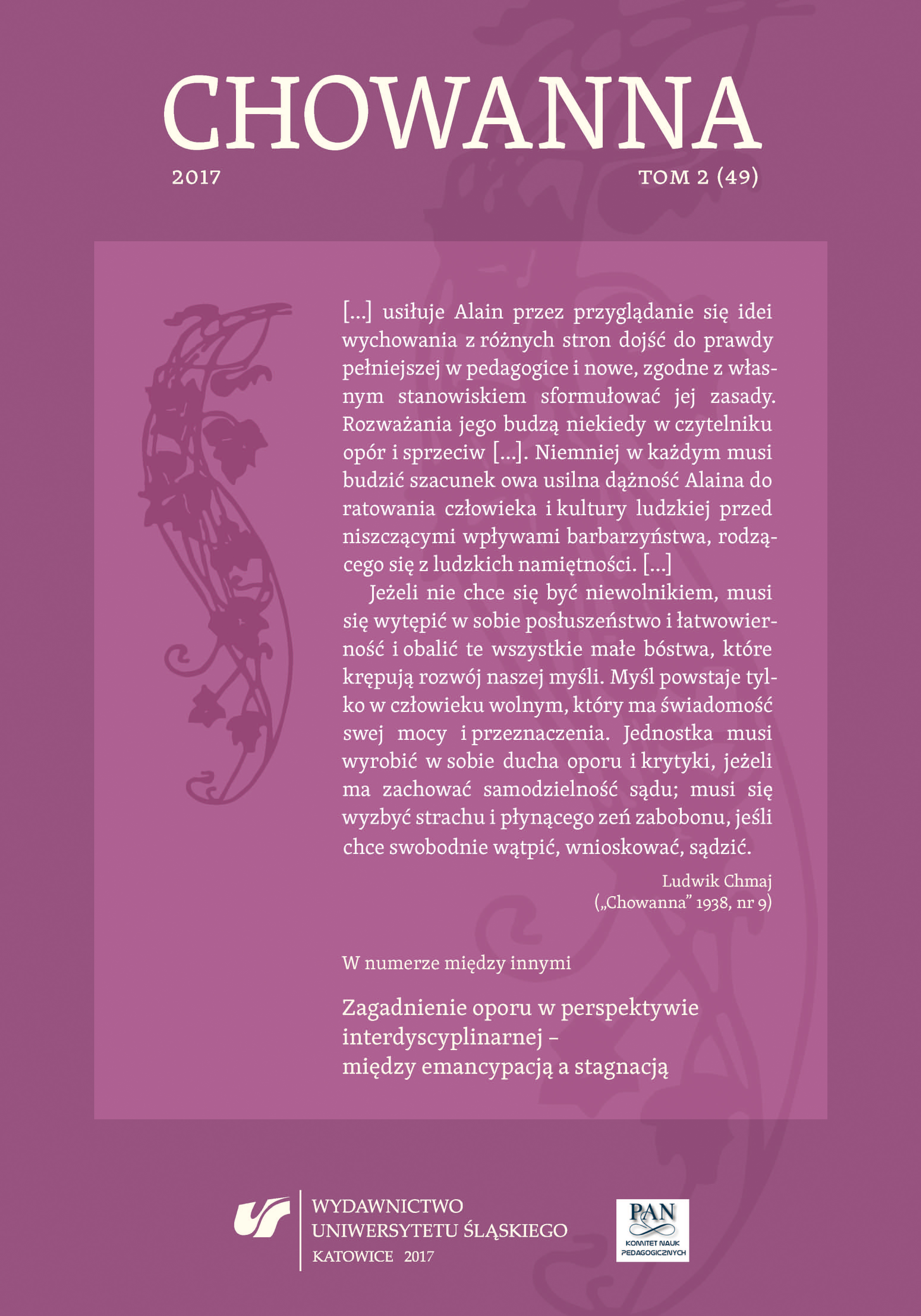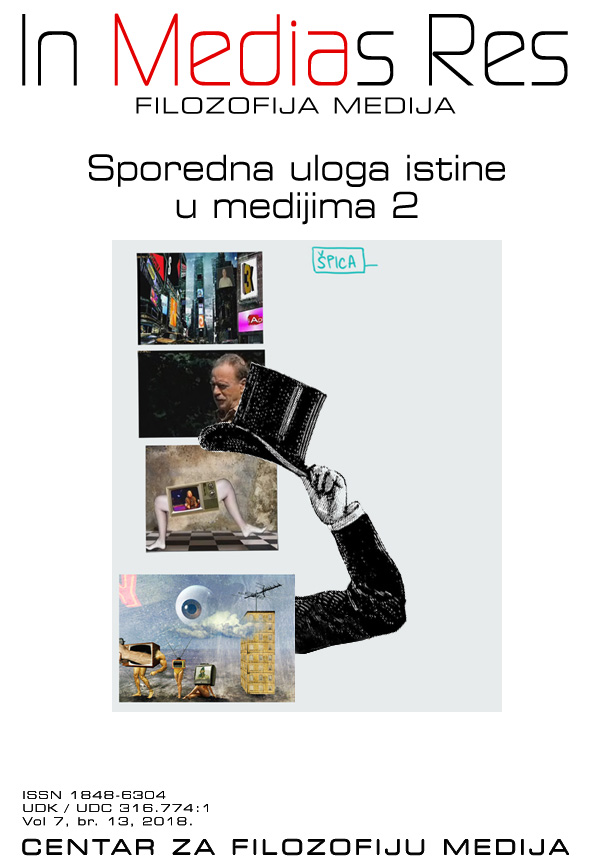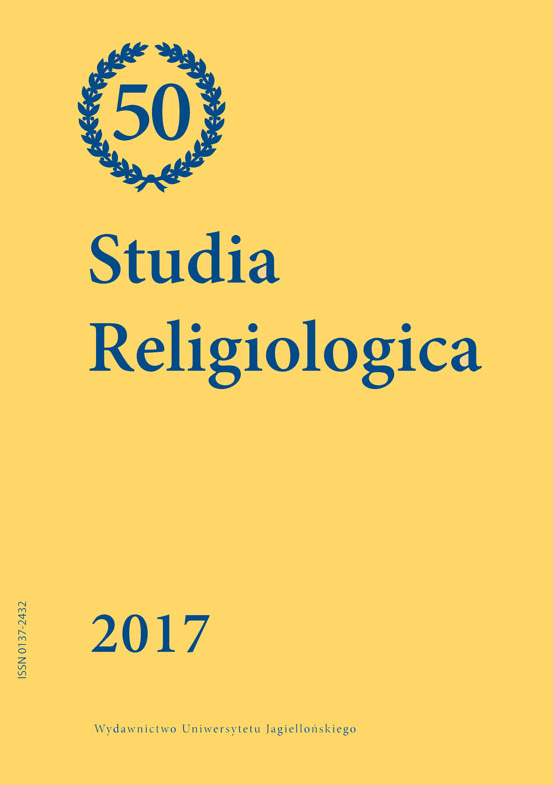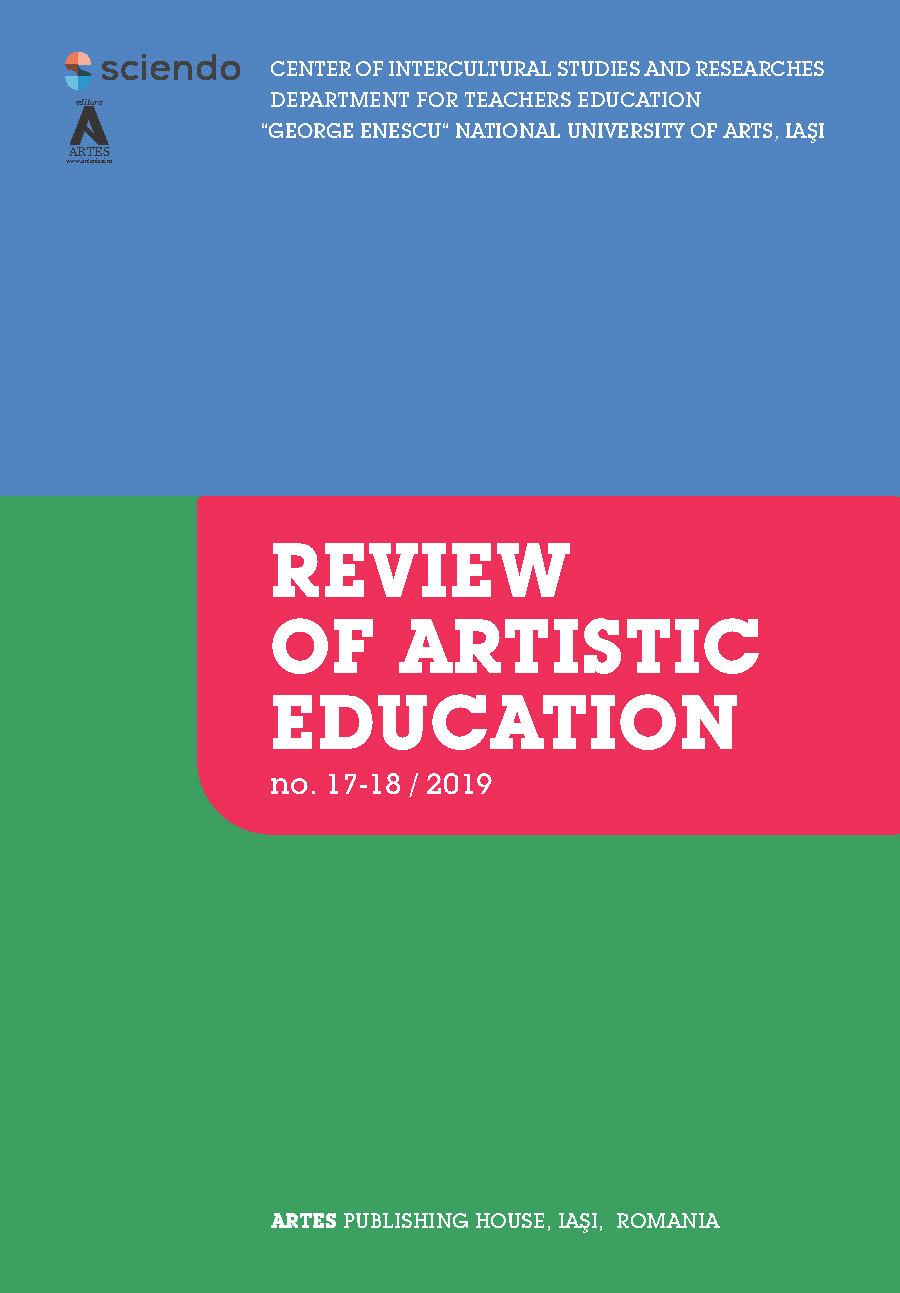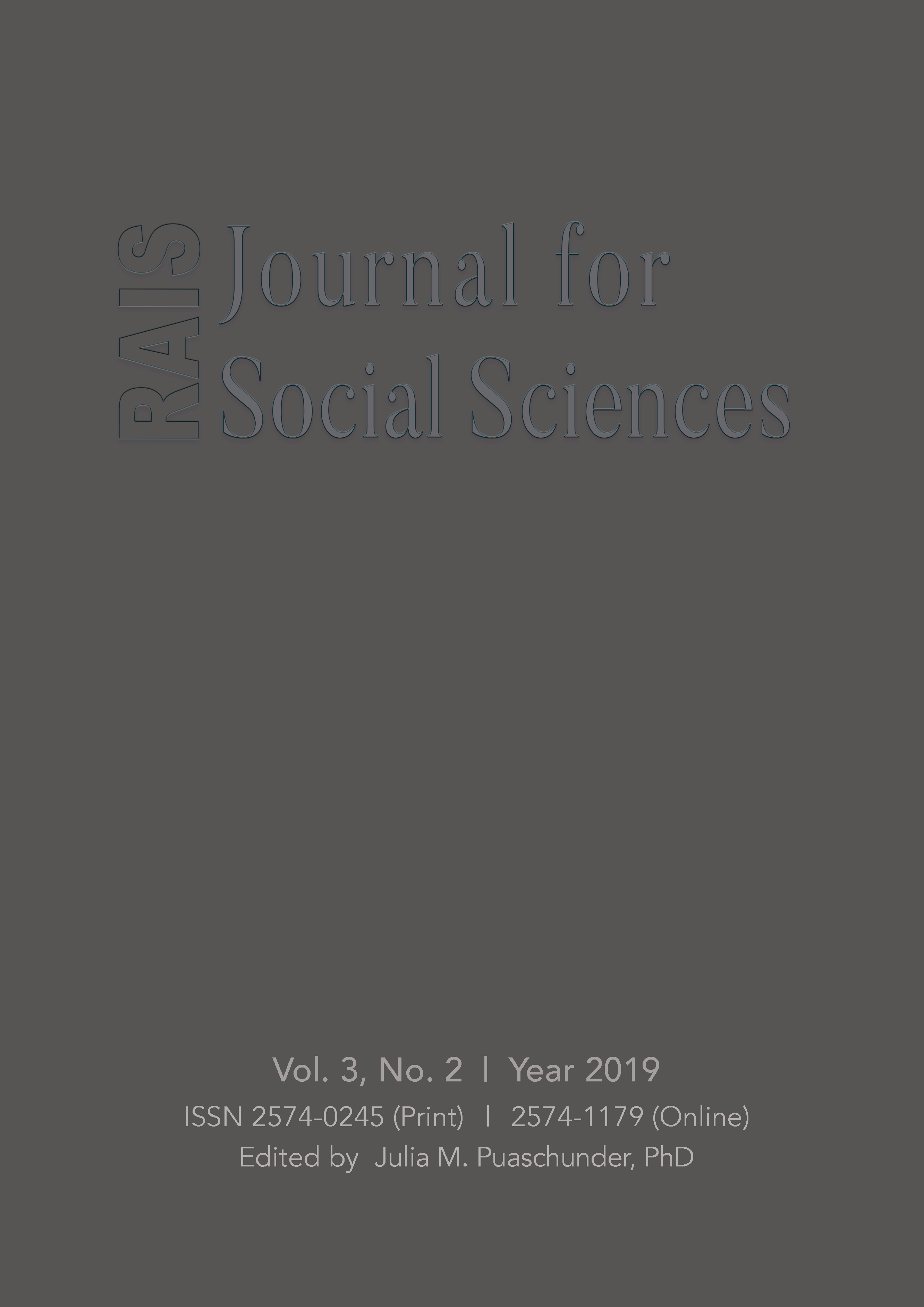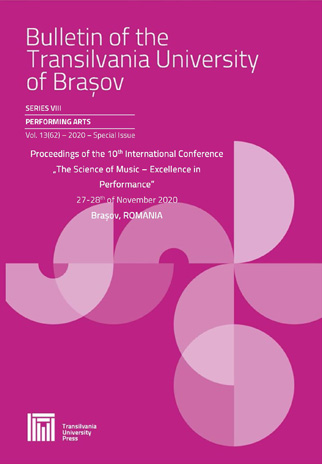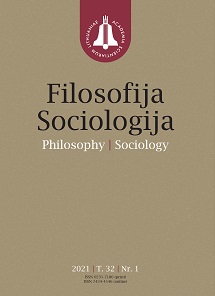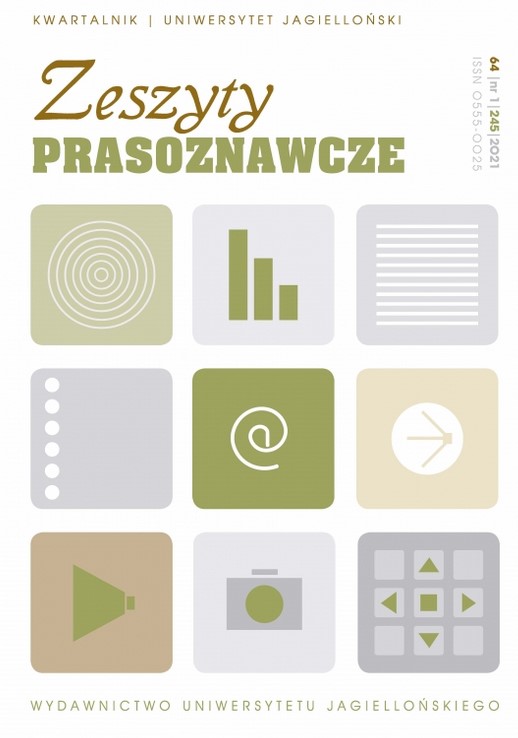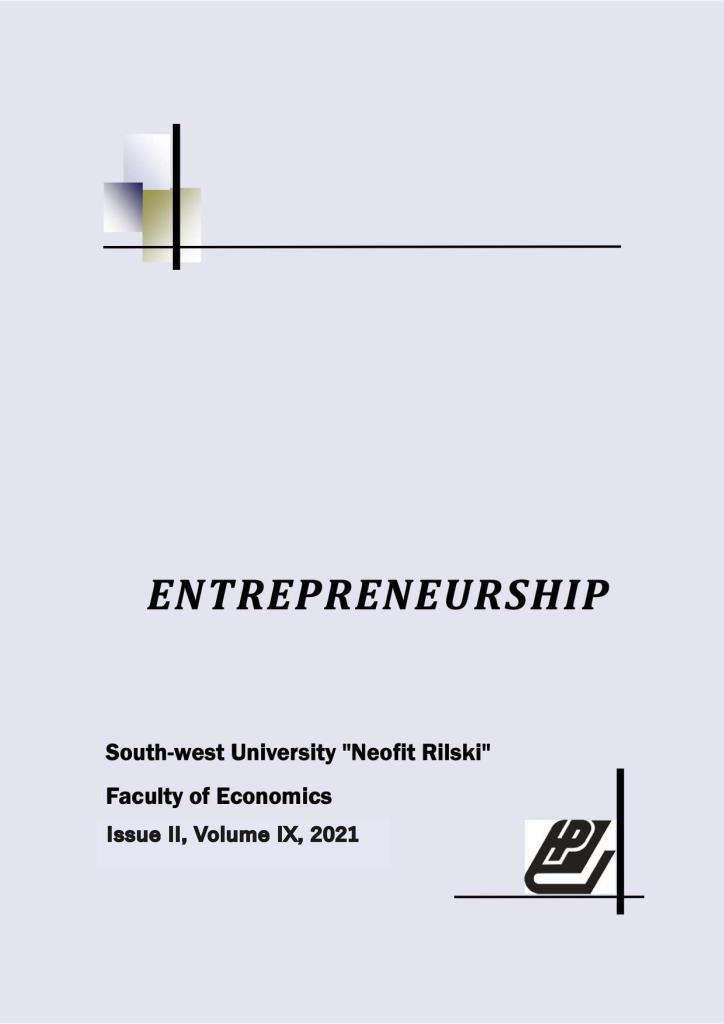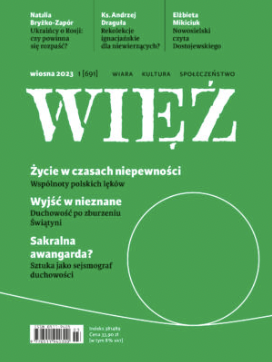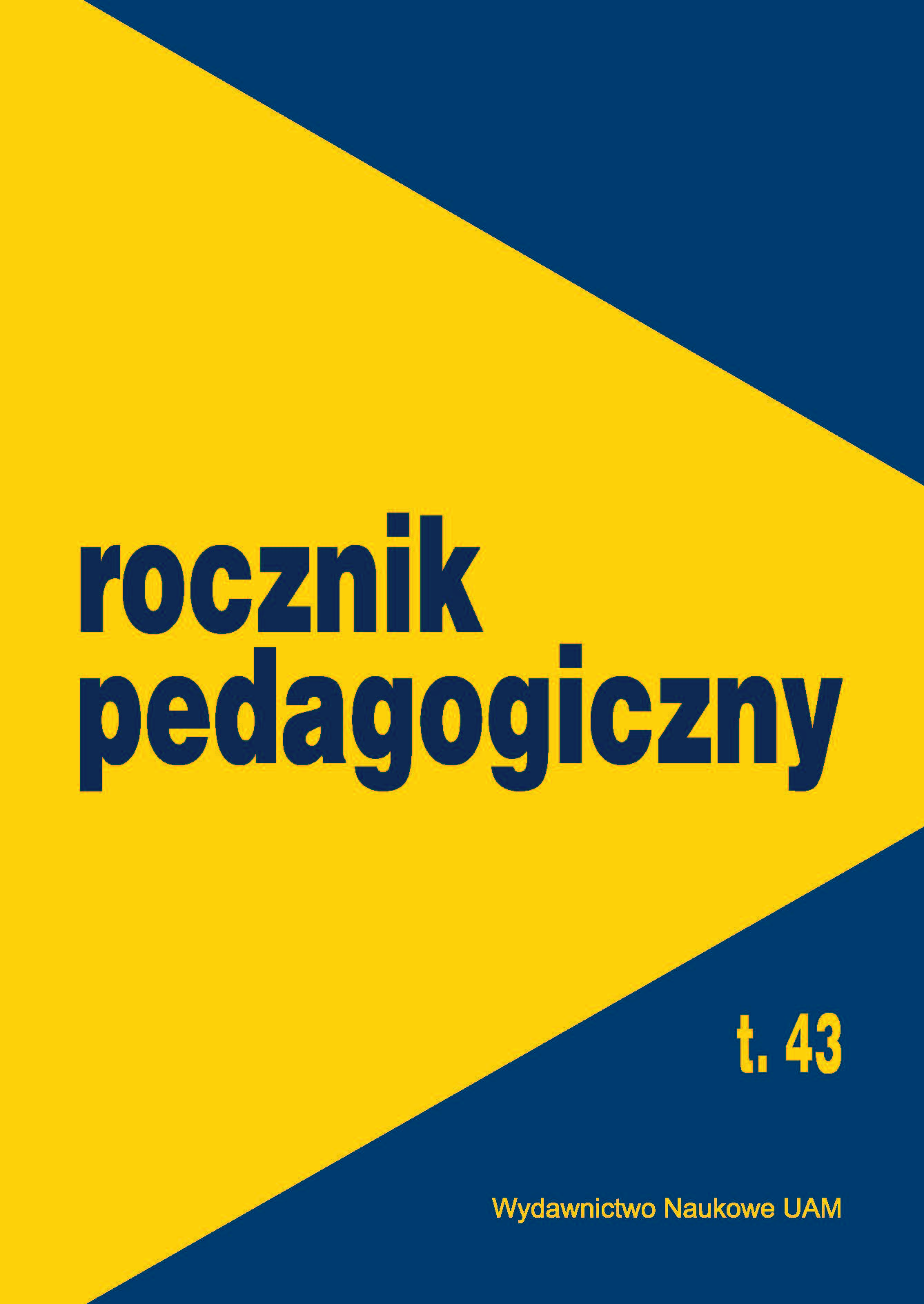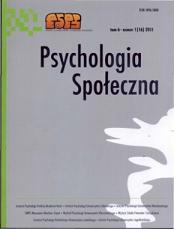
Self-compassion as moderator of the effects of global self-esteem on affective functioning of people
Współczucie wobec samego siebie (self-compassion) jako moderator wpływu samooceny globalnej na afektywne funkcjonowanie ludzi
Keywords: self-compassion; attitude toward oneself; global self-esteem; affect; depression; loneliness
Neff (2003) defines self-compassion as understanding and kindliness towards oneself and an ability to self-sympathise, reflectively understand one’s own suffering, restrictions, ineptitude, and negative emotions in the context of the whole mankind’s experiences. The paper presents studies conducted with 184 adult students (157 women and 27 men) aged 20 to 47. Measured was the level of self-compassion and global self-esteem, symptoms of depression, positive and negative affect, and loneliness. Results showed that self-compassion is an important regulator of affective functioning. People who are self-compassionate were characterized by higher global self-esteem, were less depressed, had fewer negative emotions, felt less alone, and experienced more positive affect than those who were less self-compassionate. However, self-compassion and global self-esteem were found to be distinct regulators of affective functioning and they independently predicted affective functioning: lower depression, less negative affect and greater positive affect. On the other hand, self-compassion was an important moderator of the relationship between global self-esteem, symptoms of depression and negative affect. The strongest depressive symptoms and the strongest negative affect were experienced by participants who had both low self-esteem and were not self-compassionate, i.e. did not distance themselves from negative experiences and features, strongly identified with unpleasant experiences, and treated themselves with low level of kindness when facing everyday difficulties. The lowest depression and negative affect were experienced by those who had high self-esteem and were very self-compassionate. Both in people with low and with high self-esteem, self-compassion turned out to be an important factor protecting them from depression and negative affect.
More...

